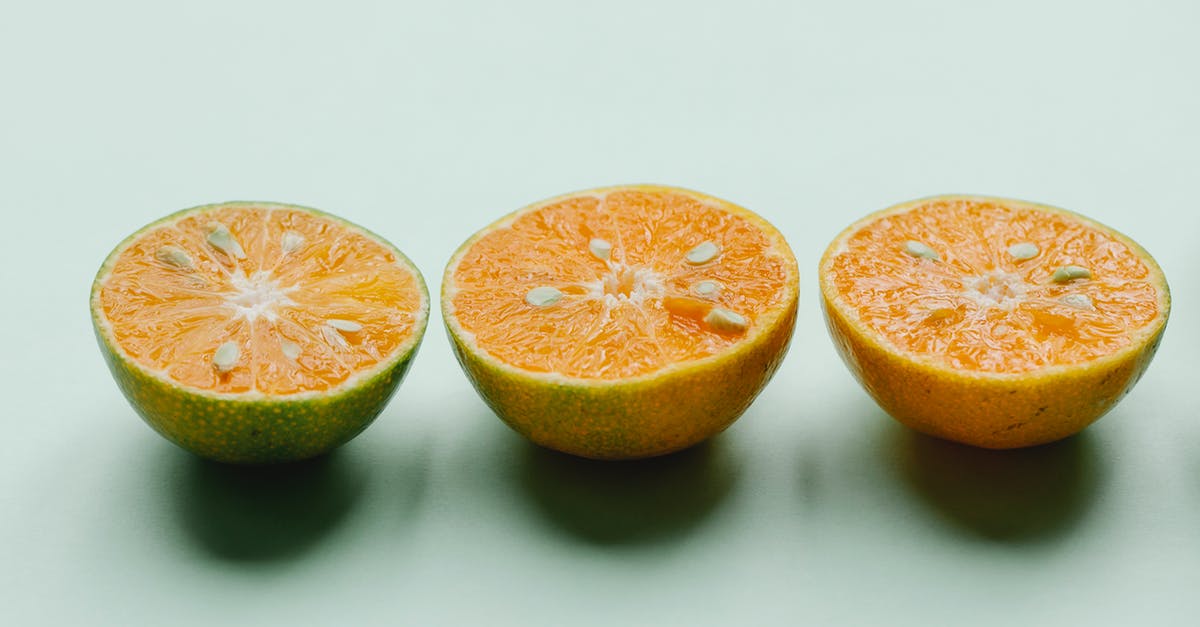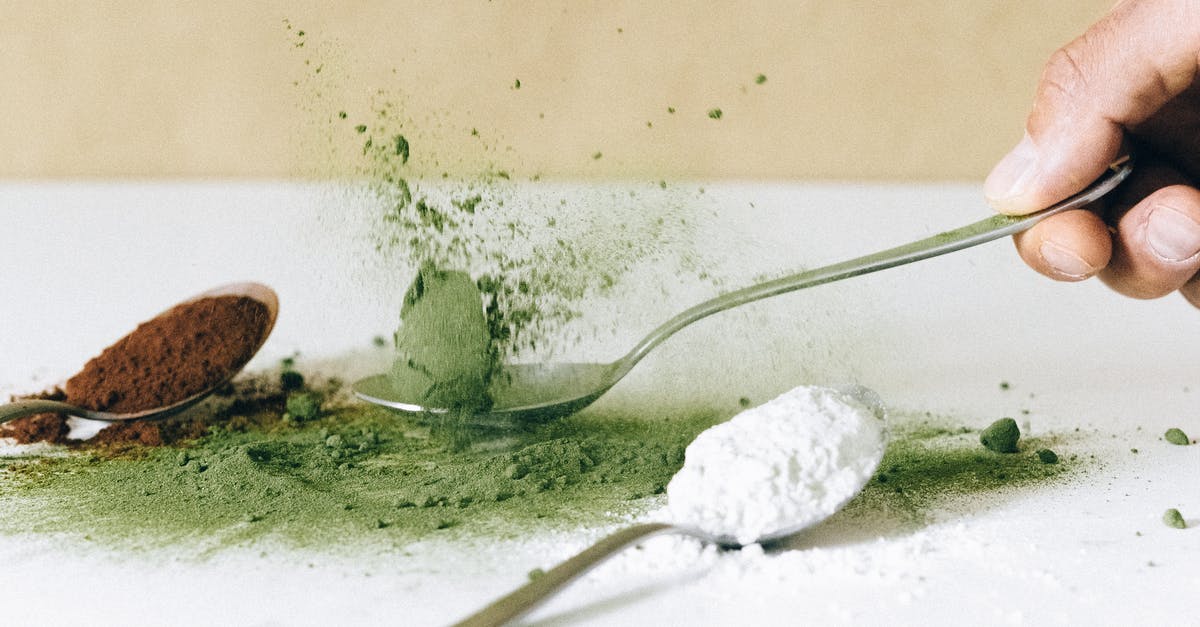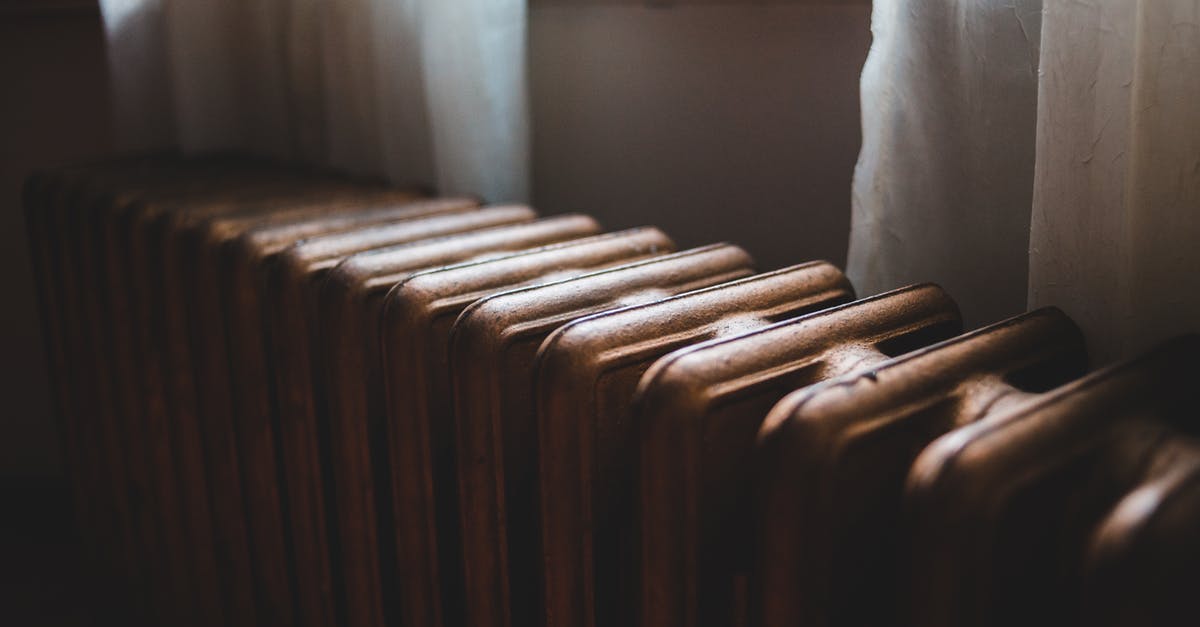How do you know that the cast iron seasoning does not leach into your food?

It is well established in the scientific literature that those cooking on stainless steel cookware get a portion of their daily iron intake from the iron in the pan that makes it into the food:
- Geerligs, Brabin, and Omari, Food prepared in iron cooking pots as an intervention for reducing iron deficiency anaemia in developing countries: a systematic review, J Hum Nutr Diet. Aug 2003, Vol. 16, Num. 4, pp. 275-81.
- Kollipara and Brittin, Increased iron content of some Indian foods due to cookware, American Dietetic Association. Journal of the American Dietetic Association, Vol. 96, Num. 5 (May 1996)
- Kuligowski and Halperin, Stainless steel cookware as a significant source of nickel, chromium, and iron, Arch. Environ. Contam. Toxicol. (1992) Vol. 23, Num. 211.
For most people that's not a bad additional nutrient, and those who saw family use a stainless steel pan surviving a lifetime know that the lost steel will not wear a pan out, not even after decades of use.
I'm now giving up on finding a tri-ply skillet whose bottom will remain perfectly flat. Since I cook on ceramic, a cast iron skillet is a good option. I'm hoping this would lead to steaks cooked perfectly evenly.
Suppose I'll use the cast iron skillet for literally just steaks, I'm concerned about the burned fat from the skillet's seasoning that will leach out to the steaks—in analogy with what happens when cooking in stainless steel cookware.
When you cook with cast iron, how do you know that some of the fat from the food you're cooking makes it to the skillet, but never the other way around. How do you know that the burnt pan "seasoning" does not make it into your food? Without some kind of confirmation that the burnt pan seasoning is safe, it would be nice to confirm that this does not occur in even trace amounts?
I'm guessing that deglazing the pan after cooking steaks would only increase the chance of this leaching in the undesirable direction. Hints for safe deglazing are also welcome.
update: A possible litmus test to determine potential leaching is to wipe with a paper towel.
Best Answer
Have you ever had the experience, when cooking in stainless steel, of the oils browning onto the edges of the pan? You know, the brown gunk that is really tough to clean off...it usually takes a scrub pad, some elbow grease and some abrasive cleaner. That is polymerized oil. The idea behind seasoning a cast iron pan is to create a surface of polymerized oil. It's not burnt oils. It is really a pretty tough surface when done correctly. On top of that you would typically add some fat (for example when searing), though that might not be necessary depending on your cooking method. The idea that the seasoning would somehow contaminate your food is hard to imagine. A well seasoned cast iron pan will generally hold up to deglazing...and even a light washing with soap and water. This is how I think about it as an informed cook. I would welcome a more informed response from any one with expertise in the actual science.
Pictures about "How do you know that the cast iron seasoning does not leach into your food?"



Is cast iron seasoning edible?
The term is actually a misnomer. The transformation is through a chemical process called \u201cpolymerization\u201d. The seasoning on cast iron is formed by fat polymerization, fat polymerization is maximized with a drying oil, and flaxseed oil is the only drying oil that's edible.How can you tell if seasoning is off cast iron?
Go any longer then 5 minutes or higher heat beyond 600 you'll cook the season off. When you wipe out and see black. That's your seasoning. It will smooth out but you have to keep adding thin layers every time.Is cast iron seasoning cancerous?
There is no published evidence of cast iron seasoning carrying any special carcinogenic elements, aside from those carried by any kind of high-heat cooking in any kind of cookware.Can cooking with cast iron cause iron toxicity?
Can cast iron cause iron toxicity? Only people with hemochromatosis are at risk of iron toxicity from cast iron cookware. Even then, the risk is low, since a new, well-seasoned cast iron pan only leaches about five milligrams of iron per cup of food. Older pans will leach less cast iron.You're Using Your Cast Iron Skillet All Wrong
More answers regarding how do you know that the cast iron seasoning does not leach into your food?
Answer 2
You don't know it. In fact, I think that trace amounts of it end up in the food. With very new seasoning or also badly made seasoning, I have seen some "wear out" on pebbly pans. Not outright flaking, simply the hills of the pebbles looking a different, unseasoned color after dryish cooking on higher temperatures.
The sources you read are a further hint. The one you linked is the only one I've ever seen claiming that stainless steel provides dietary iron, and it is written confusingly, starting to talk about SS but later saying that it is iron pans which contribute to dietary iron. There is some exchange in matter between the pan itself (beneath the seasoning) and your food, and as far as I am aware, also between the seasoning and your food.
Third, the above is about standard, well made seasoning, which still gets somewhat abraded and repaired in microscopic amounts with each cooking. If you manage to burn stuff onto seasoning (carbohydrates in combination with high temperature are the worst there), it won't clean completely with scrubbing, but will continue coming of with use. No visible residue in the food, but months later, the rough charcoal structure will be gradually gone.
I don't have any firm sources from somebody who measured this in a lab. But from everything I have observed while using and misusing seasoned pans, there is some transfer happening in both directions, in trace amounts.
Answer 3
Yes some of the seasoning as in polymerized fat and oil will dissolve into the food. It is just oil - I find no indication it is toxic. If it was toxic should not be using it for seasoning in the first place. It is a very small quantity.
And I don't agree with the word leach here. Part or (maybe even all) of the surface coating is dissolved. Maybe even a little will ware off. Leach is to exact a component from a solid such as an acid will leech some iron from a cast iron pot.
Sources: Stack Exchange - This article follows the attribution requirements of Stack Exchange and is licensed under CC BY-SA 3.0.
Images: Any Lane, Nataliya Vaitkevich, Erik Mclean, Erik Mclean
